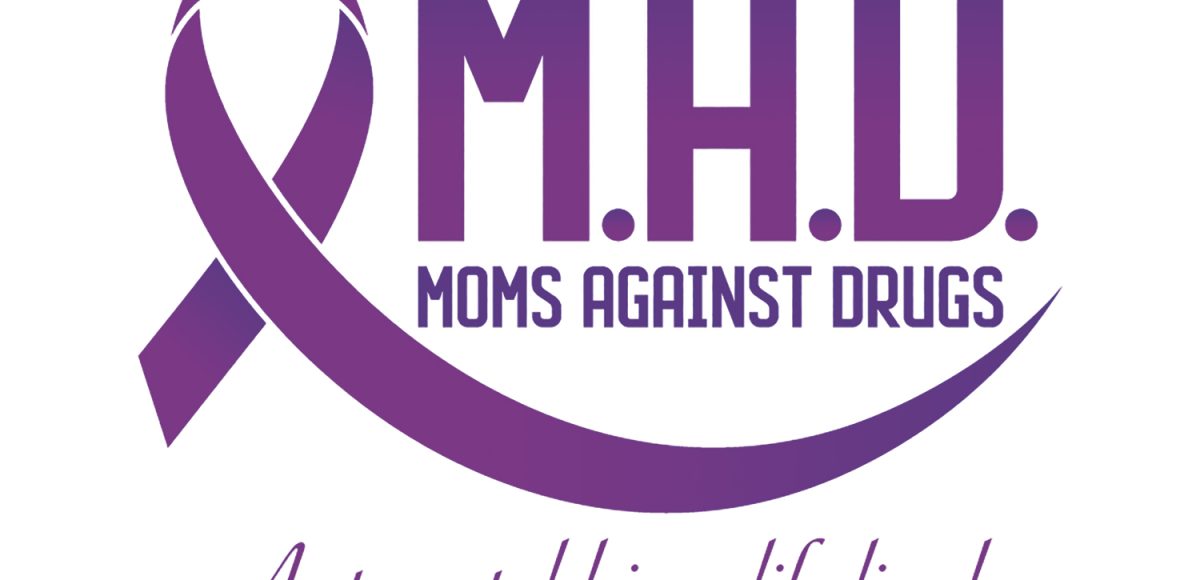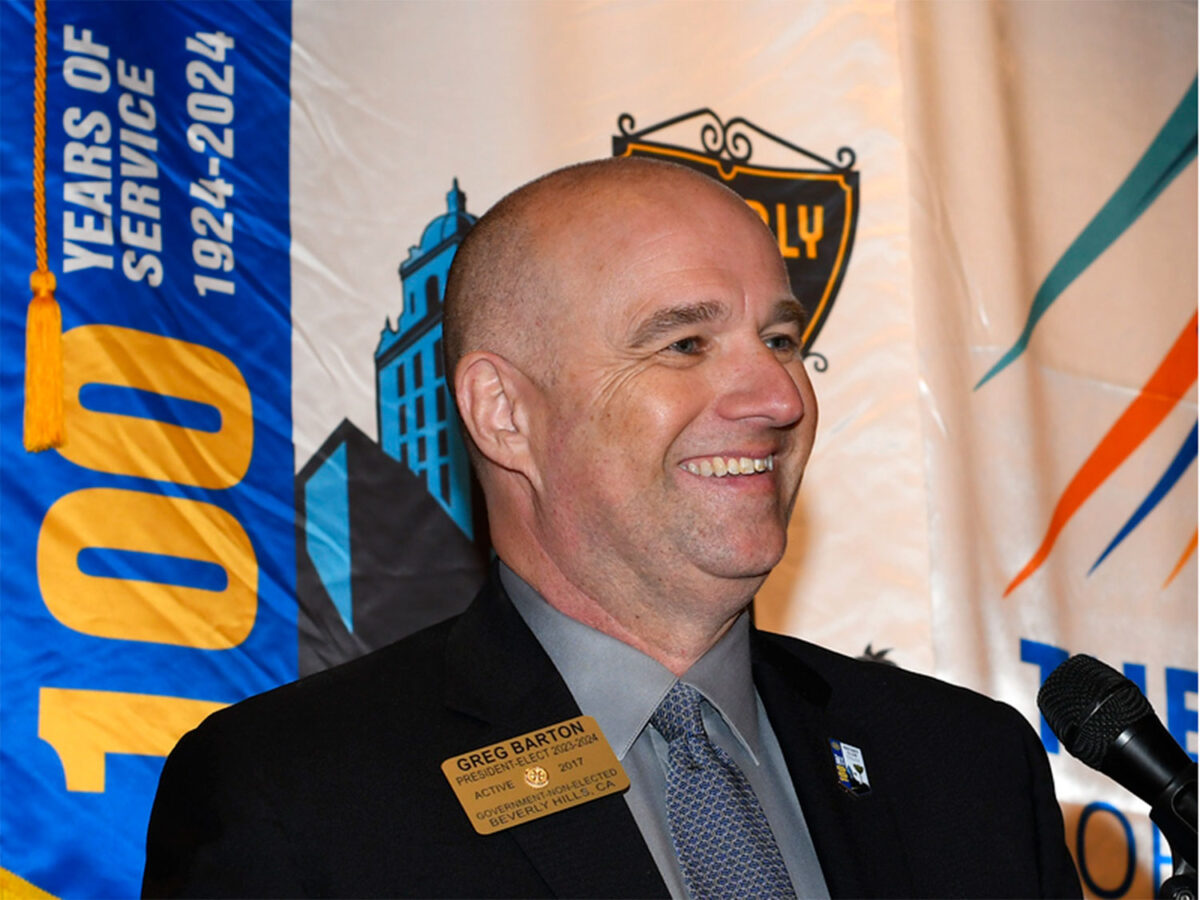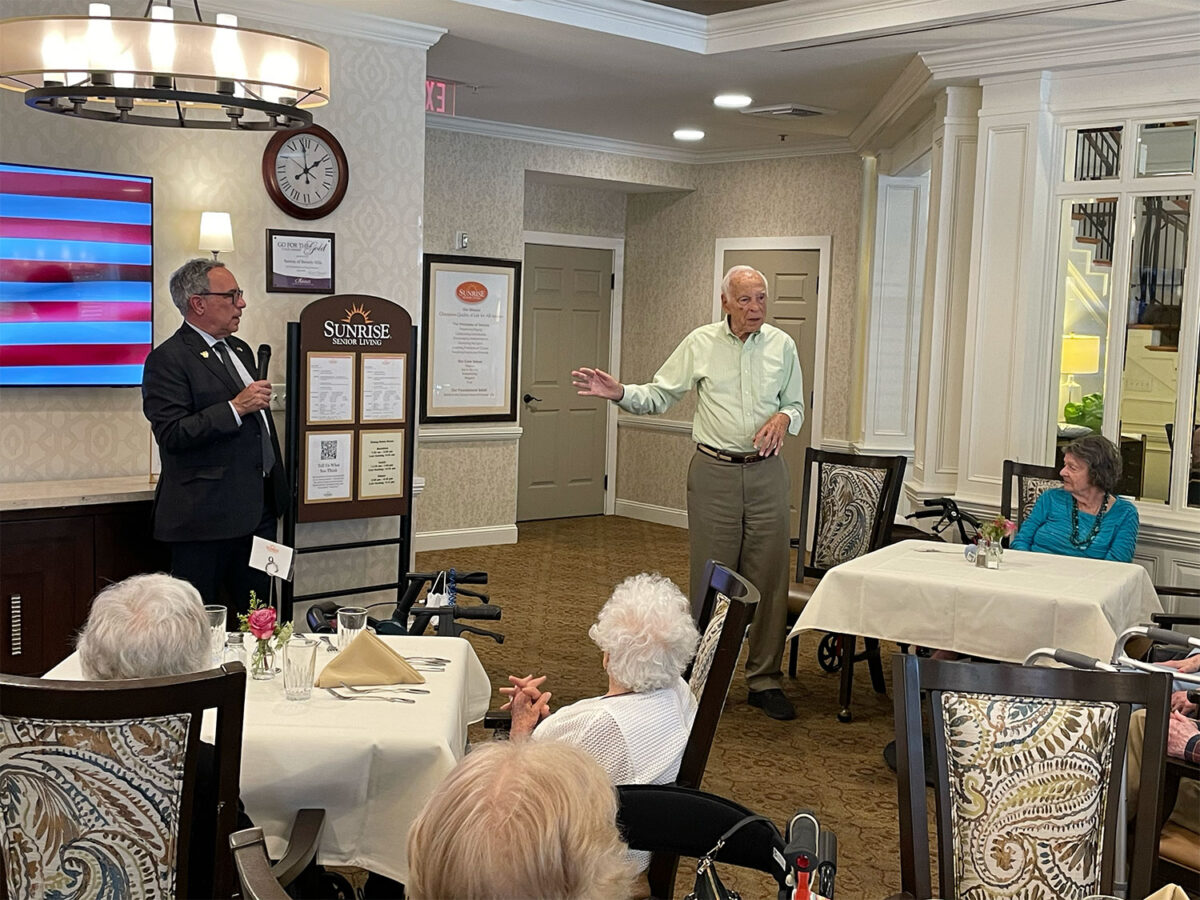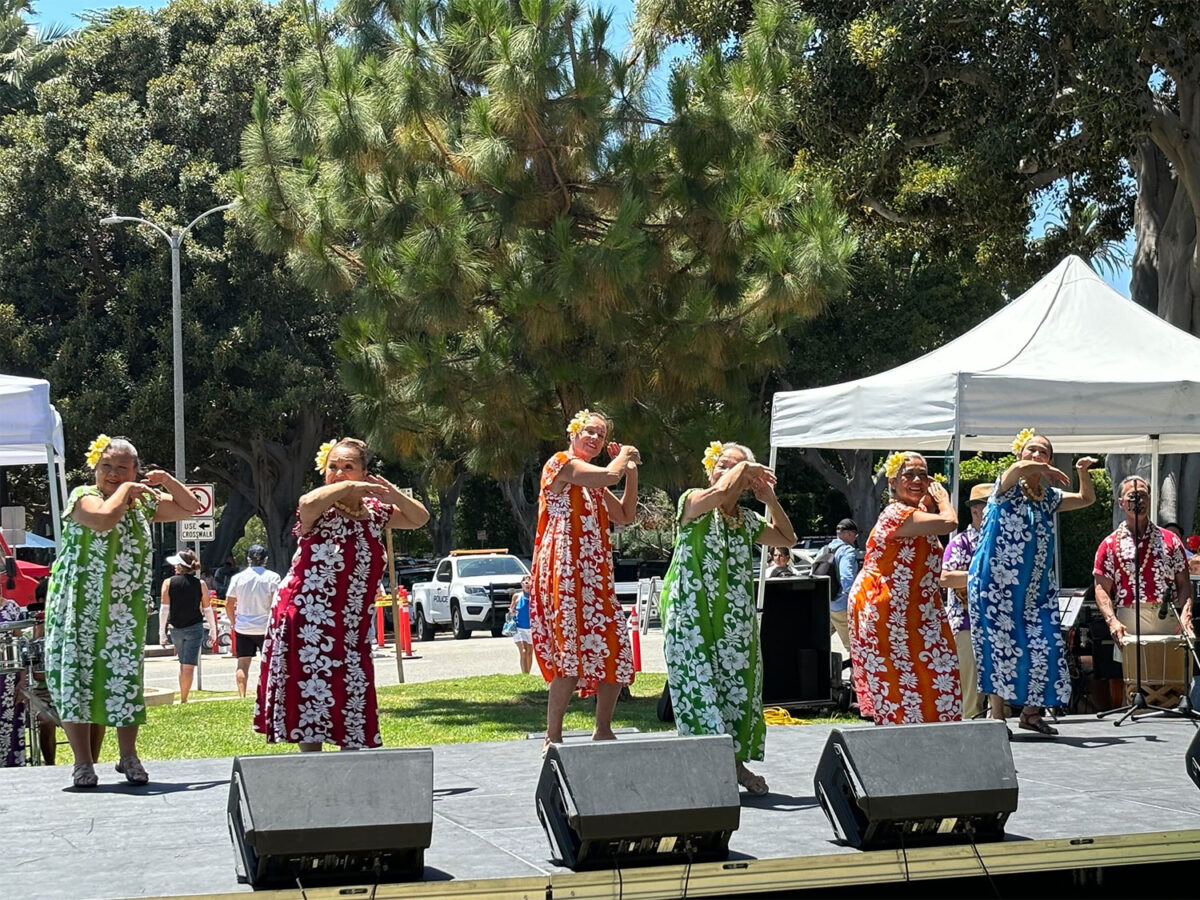The Beverly Hills City Hall is donning the color purple this weekend to commemorate International Overdose Awareness Day. The event, which began in Australia in 2001, is marked yearly on Aug. 31. The City’s three-day illumination (from Aug. 29-31) is part of a broader “Light Our Country Purple” movement designed to call attention to the problems of substance abuse.
“Lighting up City Hall for Overdose Awareness Day is very important as it raises awareness of overdose and attempts to reduce the stigma of substance use disorder. It also acknowledges the grief felt by families and friends who have lost loved ones. Beverly Hills stands side by side with these families with love and support,” Councilwoman Lili Bosse told the Courier.
Juli Shamash is grateful to Bosse for her help in shining the spotlight on substance abuse and the families it affects. She and Las Vegas resident Debi Nadler founded the nonprofit group “Mothers Against Drugs” after both lost teenage sons to overdose in 2018. The goal of their organization is to promote drug abuse awareness, overdose prevention, and to provide resources and support for others who want to put on awareness events in their neighborhoods.
COVID-19 has limited the opportunities to host in-person events. It has also heightened the risk of overdose.
“My son Tyler used to say that he learned in therapy that the opposite of addiction is not sobriety, the opposite of addiction is connection. Social isolation has always been a main cause of drug use. COVID-19 is exasperating isolation and increasing anxiety, which is also a big contributor to substance use disorder,” said Shamash.
As a result, drug-related overdose deaths are on the rise in 2020. Opioid deaths are a particular concern during the pandemic, as noted recently by the American Medical Association.
Shamash hopes the purple light over City Hall this weekend will remind everyone that no family is immune. “Addiction doesn’t discriminate. It happens in solid families and broken families, in educated families and in uneducated families. It happens regardless of socioeconomic status, college degrees, or religious upbringing. The three most dangerous words a parent can say are ‘not my child.'”
Financial resources won’t insulate a family, either. At one point, Shamash was spending $11,000 per month for her son’s treatment.
“We did everything ‘right.’ We listened to every therapist, specialist, interventionist, sober living manager, older residents, Intensive Outpatient Treatment therapist and our sweet, playful, brilliant, polite, loving, 19-year-old son still died. What we learned through this whole process is that no matter where you send them, what amount of money you spend, how much tough love you do, even if you think they have hit their rock bottom, they will continue to use until they decide they want to be sober. As a parent, you just hope that comes before they die.”







